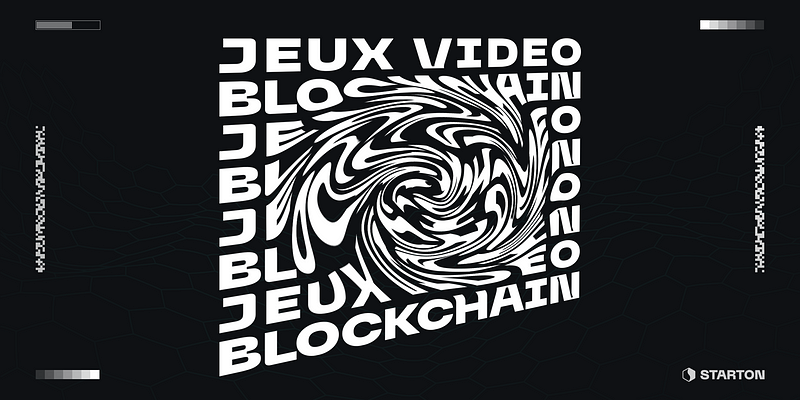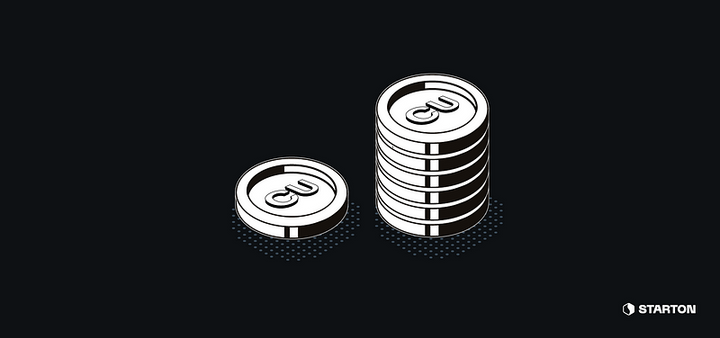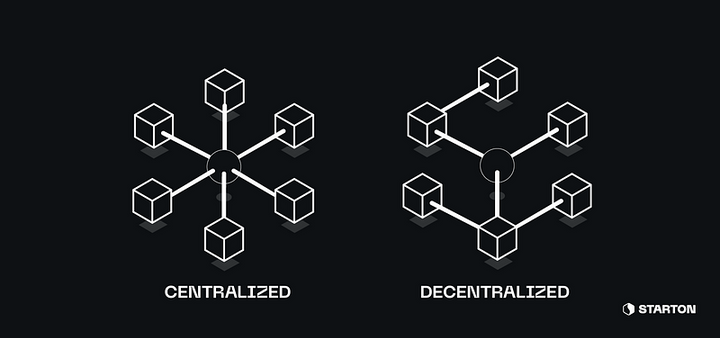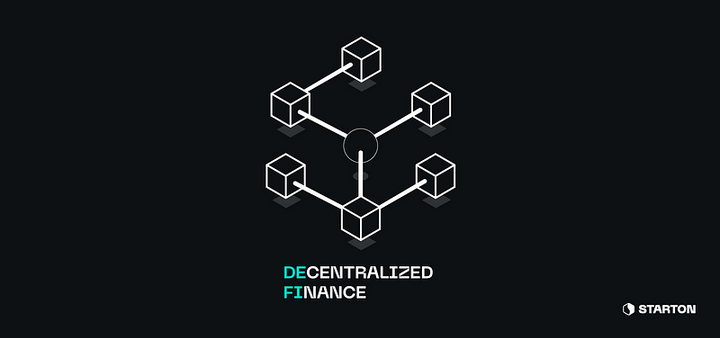How blockchain is revolutionizing the video games market
With 2.7 billion gamers, 300 billion dollars in global revenue, and 20% annual growth, it is safe to say that the video games market is in…

With 2.7 billion gamers, 300 billion dollars in global revenue, and 20% annual growth, it is safe to say that the video games market is in good shape and bursting with possibilities. It is no surprise that the coming together of blockchain technology and video games is one of the most promising (and exciting) prospects right now. But how exactly is this technology of the future preparing to revolutionize the games industry?
Read on to find out more.
What is blockchain?
Let’s begin with the basics. Blockchain is a technology that makes it possible to securely store and send information, without the need for central control. This enables intermediary-free digital transactions, which are recorded by the blockchain network to ensure their security.
Blockchain can be used in three main ways: to transfer and track assets (such as cryptocurrencies), and to automatically perform contracts. This technology may be relatively new, but its applications are already perfectly feasible and its potential (particularly in economic terms) is huge.
Blockchain and the video games industry: an anticipated revolution
According to professor Denis Schweizer of Concordia University in Montreal, a true revolution is underway in the world of video games, thanks to blockchain technology and NFTs (non-fungible tokens). Similarly to well-known bitcoins, the latter are digital assets issued by a blockchain. They can be used in video games to exchange unique game items.
Many games are now using blockchain to enable their players to acquire items (such as cards and swords), securely exchange them, and make money by selling them to other players. This is leading to the emergence of a “play to earn” model, where the idea is to make money by playing instead of paying to play. And that’s not all: blockchain also enables players to contribute to the economy and video games funding, turning them into investors who are fully engaged in projects, in some cases right from their inception.
The impact of this revolution is huge. Firstly, video games are becoming far more accessible: thanks to blockchain, players can play an active role in the creation of their favorite games, whether by funding their development or by acquiring greater autonomy.
Secondly, the economic potential is considerable, as it is now possible to acquire and then sell or exchange virtual objects. Take the game Axie Infinity, for example, the aim of which is to raise and develop creatures called ‘Axies’. To start playing, you need to acquire a team including several Axies, with a current price of around $800 for three creatures. This has led to the development of a real economy, as all the objects in the game can be resold, sometimes at a high price. Similarly, in Splinterlands, a trading card game based on NFTs, a sale of private tokens worth $3.6 million was completed last July.
However, all of this amazing potential should be taken with a pinch of salt, particularly regarding the legal and ethical issues these types of virtual investments raise. For example, we have seen the emergence of “scholarships”, where players sub-let their characters to other players for profit. Is this the price of success?
What does tomorrow hold?
In any event, with blockchain, the gaming revolution is just getting started. In the near future, it is conceivable that private individuals will move away from traditional forms of investment (such as managed funds and real estate) and increasingly turn towards virtual items in video games (such as land or characters) to produce a yield. It is also conceivable that virtual reality will grow ever closer to the real world by developing a tangible economic dimension.
Lastly, blockchain opens up new prospects for funding in the games industry, by enabling gamers to contribute financially to game development and production. This will be a significant factor given the high production costs and lengthy development times involved in making most video games.
The video games industry will be able to turn to companies that provide simple and accessible blockchain deployment tools. These companies are working to democratize blockchain functionalities, which offer potential that has yet to be fully explored. The revolution has only just begun.




